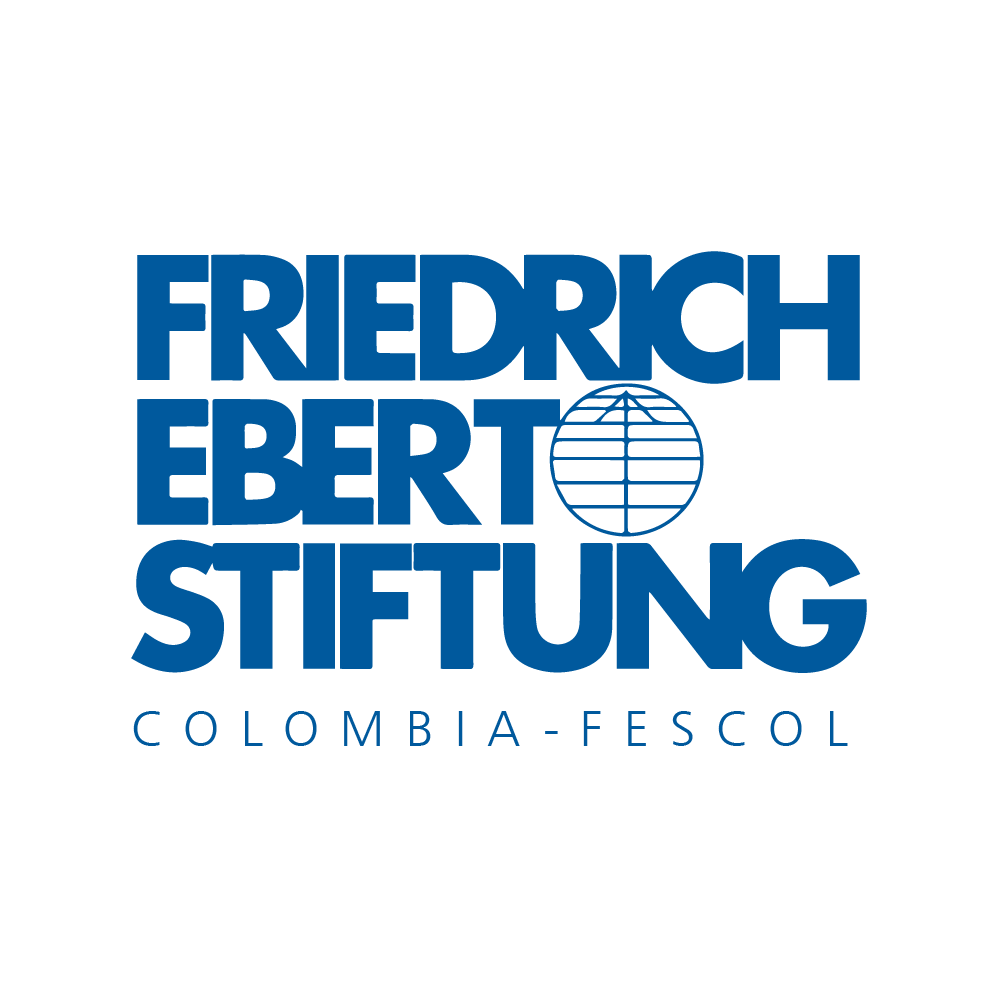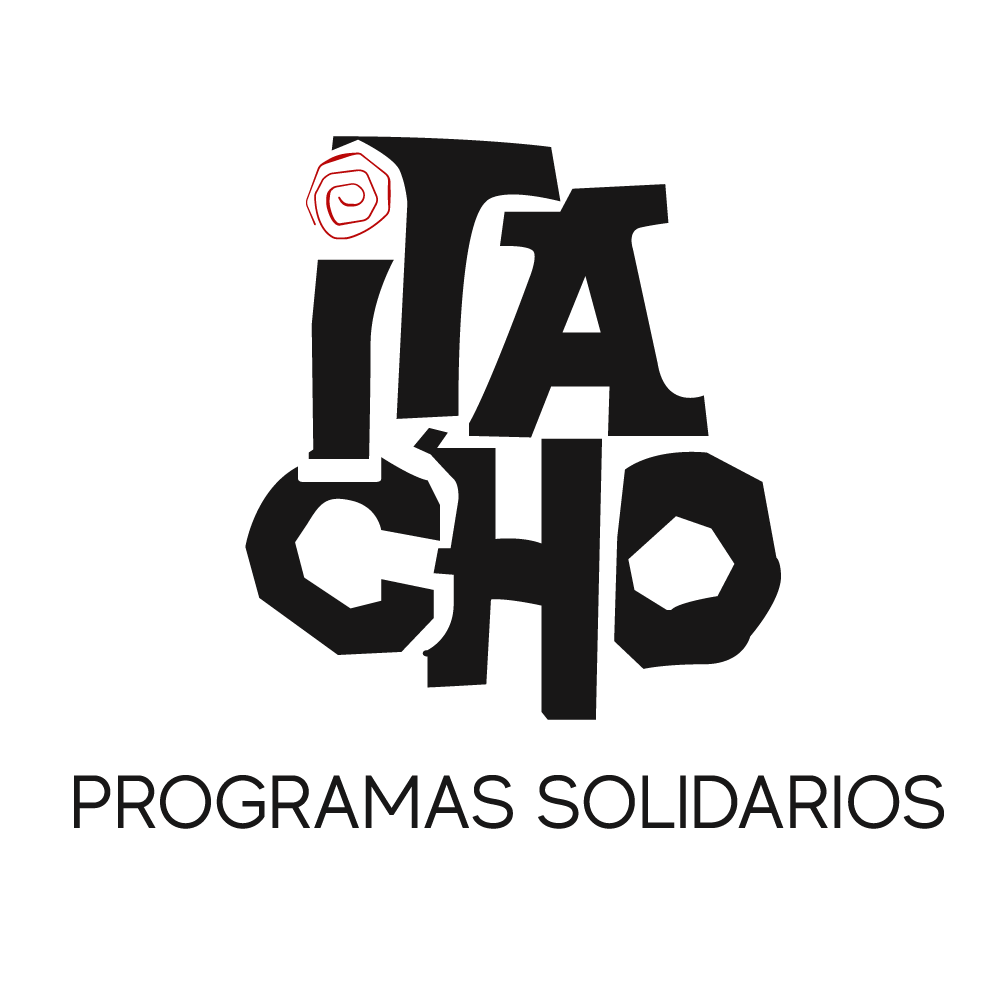The silence of the guns was short-lived
With the peace process, communities in regions dominated by the former FARC were able to live peacefully for a time. However, before the promises of post-conflict, new armed groups arrived and violence returned.



